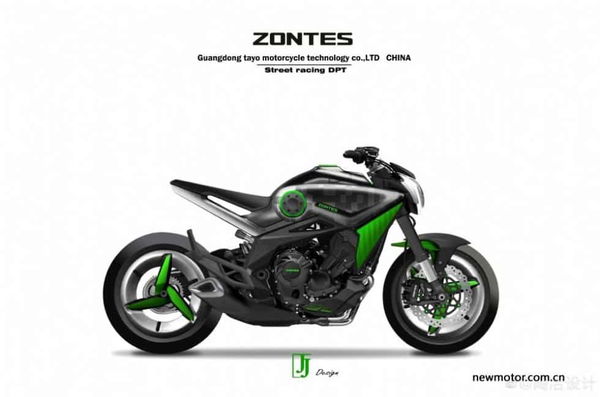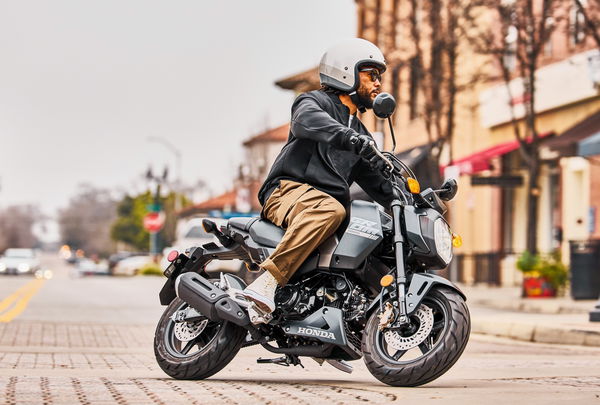Kawasaki patents its own hub-centre steering system
Kawasaki has just patented its own hub-centre steering solution, despite just buying into Bimota who have their own
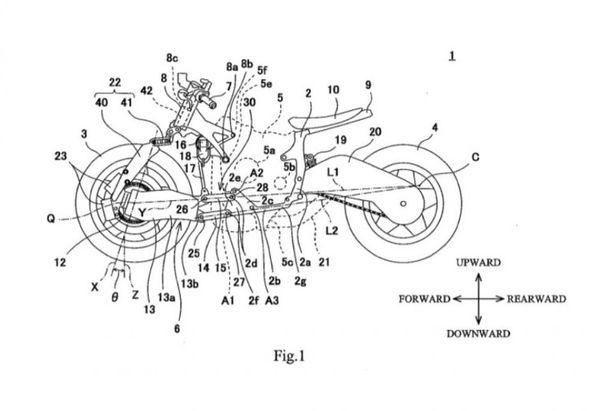
IN a move that may have many readers asking ‘why?’, Kawasaki has recently filed for a patent for its own hub-centre steering system.
While the system is similar to the set up on the Bimota Tesi H2 we saw announced at the EICMA show in November, there are a few key differences between the two.
For a start, the Kawasaki system utilises just a single front swingarm, not the double-sided item of the Tesi H2. The benefits of this are two-fold, with weight and production cost both being improved slightly. With just one swingarm, the whole front end can be made slightly lighter – not 50% lighter though as the single arm will need to be beefed up to take the load on its own. The single front swingarm might be a slightly easier system to manufacture and assemble on the production, both of those will be key to Kawasaki implementing this in mainstream models in the future.
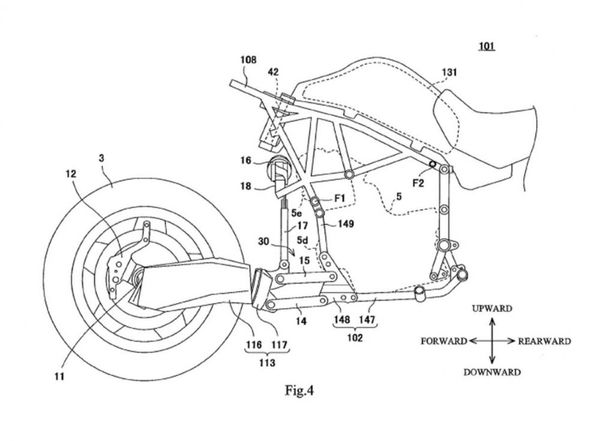
The Kawasaki system also features a rear shock absorber mounted at the front end of the bike in what is a more conventional system than that of the Bimota. On that machine, the front and rear shock are mounted together, behind the swingarm. While this method is great for mass-centralisation and neat packaging, the labyrinth of rods and supports must make it a bit of a nightmare to set up and assemble.
The final piece of this puzzle that tells us this could be a serious machine that Kawasaki wish to mass-produce is the steering method. Comparing it to the Bimota, where the steering is operated by a complex series of levers, linkages and bell-cranks, the Kawasaki design seems to use a standard steering head with a wishbone straddling the front wheel to provide the required movement.
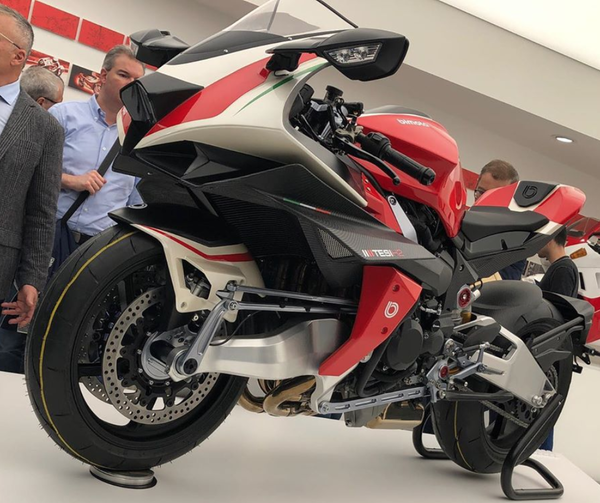
As patents are often used by manufacturers to throw journalists, other manufacturers and the public off the scent, the whole thing could just be a massive red herring. That said, the fact that Kawasaki has joined forces with Bimota tells us that they do see a future in this kind of design. Why else would they have climbed into bed with manufacturer that has been there since the beginning?!
